Did you know ...The linguistic and cultural exchanges between the British Isles and Germany are nothing new. They have been a key feature of the shared history between the two nations for many, many years. The English language is famous for incorporating words, phrases and inspiration from many others, which is no surprise given her history of prolonged and diverse cultural interactions through the centuries. We at @VersusHistory have already discussed how the English language has absorbed words from Arabic, such as 'Admiral' and 'Loot' from the languages of the Indian Subcontinent. However, how many of these 11 words did you know originated from the German language?!
Angst Delicatessen Fest Hamster Hinterland Noodle Poltergeist Prattle Rucksack Spritz Waltz Perhaps there were some surprises amongst the eleven? In any event, it is always interesting to be reminded of the fact that the English language has evolved over the years by incorporating and innovating! Patrick @VersusHistory
0 Comments
...THAT THE ARMISTICE ENDING WORLD WAR ONE WAS NOT SIGNED AT 11aM (and was written only in French)Every year on the 11th November at 11am, silence falls across many parts of the world as the people of the present remember the sacrifices made in the line of duty by people of the past. Remembrance Day (or Veterans Day in the US) emerged out of an Armistice Day tradition begun by King George V in 1919 while hosting the President of France, Émile Loubet, at Buckingham Palace. The Armistice that King George was celebrating was that which was signed the previous year on the 11th November, 1918 and which signalled the end to hostilities on the Western Front. What is well known is this: we choose to signal the start of remembrance and reflection at 11am every year on the 11th November. There are different traditions and norms, but usually the signal is followed immediately by a minute or more of silence. What is slightly less known is that the timing of 11am should, technically, be observed by the French clock. What is, perhaps, even less well known is that the 11am ‘signal’ for remembrance was chosen not because the Armistice was signed at 11am on 11th November, 1918 - it was no such thing - but because that is when the Armistice came into ‘effect’. The Armistice that helped draw fighting on the Western Front to a close was signed nearly six hours earlier, in a railway carriage deep in the Forest of Compiègne`, approximately 60km north of Paris. In his 1996 book, Armistice 1918, the rather appropriately named Bullitt Lowry explained how on the 6th November 1918, members of the German High Command sent a late night radio message asking for permission from the Allies to send a delegation through the front lines to sue for peace. The man to whom this message was directed was Frenchman, Marshal Ferdinand Foch - the Supreme Allied Commander on the Western Front. According to Lowry, a delegation from Germany crossed No-Man’s Land in three cars, as one German soldier waved a white flag and another sounded a bugle - both indicating a temporary truce that would allow for their unmolested transit. Once they were safely across, the delegation switched cars - to ones of French heritage - and then boarded a train. The train would take them through the night to the Forest of Compiègne - where they would arrive on the morning of November 8th. Awaiting them in a railway siding was the carriage of Foch. It was in this carriage that, over the next four days, the fate of Europe would be decided. Foch is second from the right. He stands next to his carriage - the carriage in which the Armistice was signed. Regardless of the nature and contents of the Armistice that was eventually agreed to by this German delegation, it was, ultimately, signed at just after 5am (some put it as late as 5.45am) on the 11th November. At 6.01am on that same morning, a directive from Marshall Foch was broadcast on Official Radio from Paris which stipulated the following:
The last page of the Armistice document (Emeric84 [CC0]) Henry Nicholas John Gunther was, according to most accounts, the last soldier killed during World War One. An American soldier desperately looking to regain a rank he had recently lost*, Gunther ran headfirst into a hail of German machine-gun fire at 10.59am. Even the German soldiers at which Gunther was running and firing, cognisant of the fact that the war had only one minute left to run, tried to wave the American soldier away. The last soldier to be killed: Henry Nicholas John Gunther. (User:Concord [CC BY-SA 3.0 (https://creativecommons.org/licenses/by-sa/3.0)]) And so, when we commemorate the fallen at 11am, remember that the Armistice was signed as the sun rose above a beautiful forest in northern France, but also that the soldiers on the front lines who had to fight on that final morning, knew full well that the war was over for them - provided that they could avoid death until the clocks of Paris struck 11am.
Elliott L. Watson @thelibrarian6 *A letter that Gunther sent home to the US contained criticisms of the conditions on the front. It was intercepted and he was demoted from Sergeant to Private. New Book Release: |
Categories
All
Archives
April 2024
|

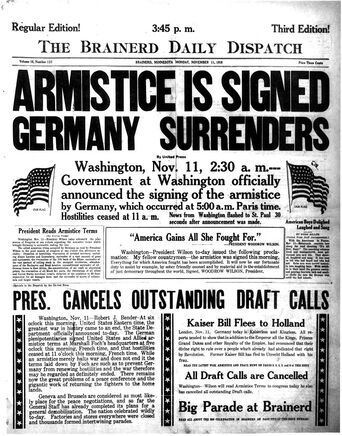
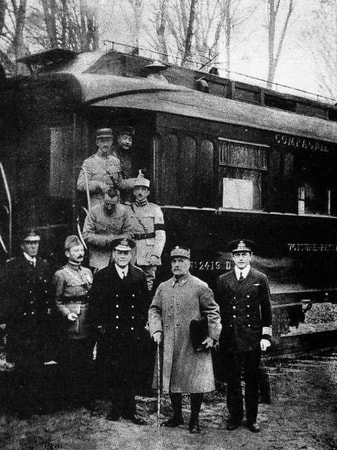
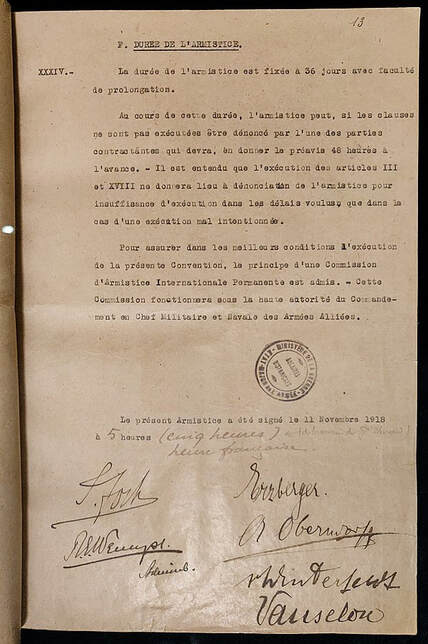
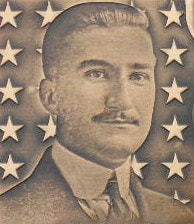
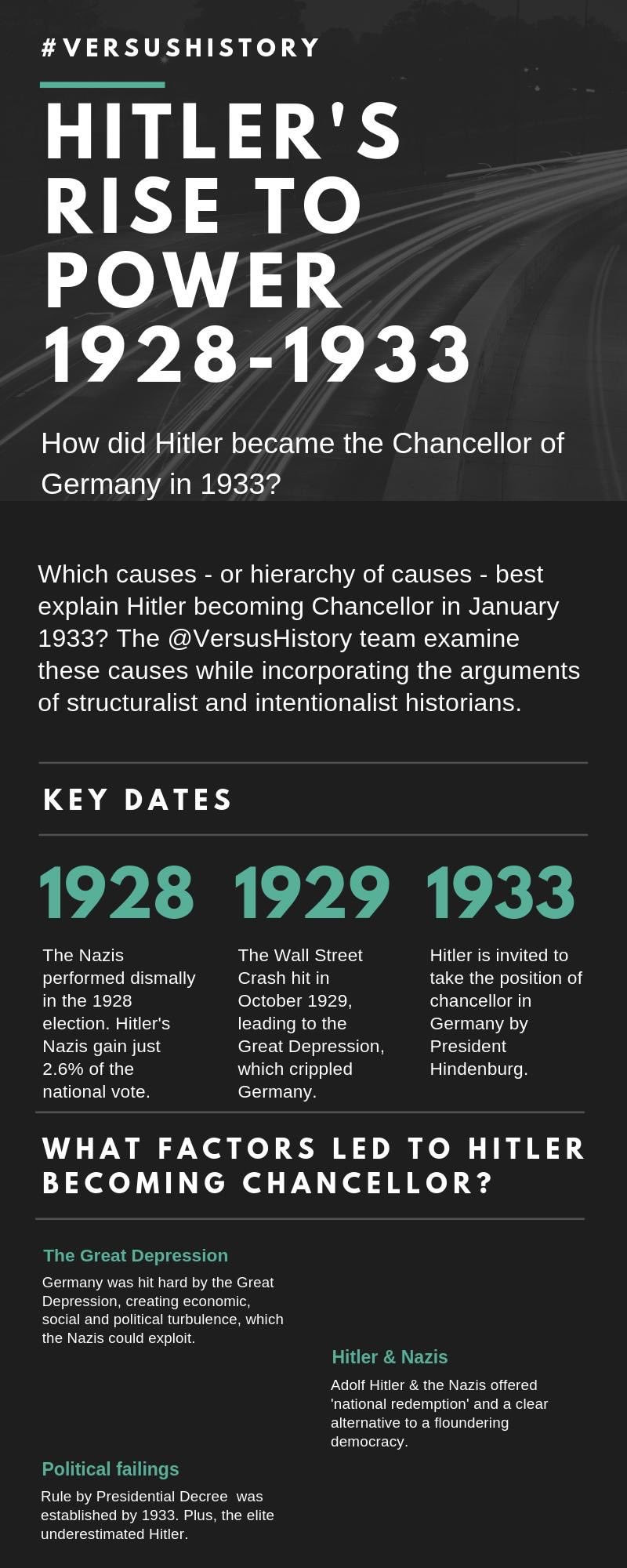
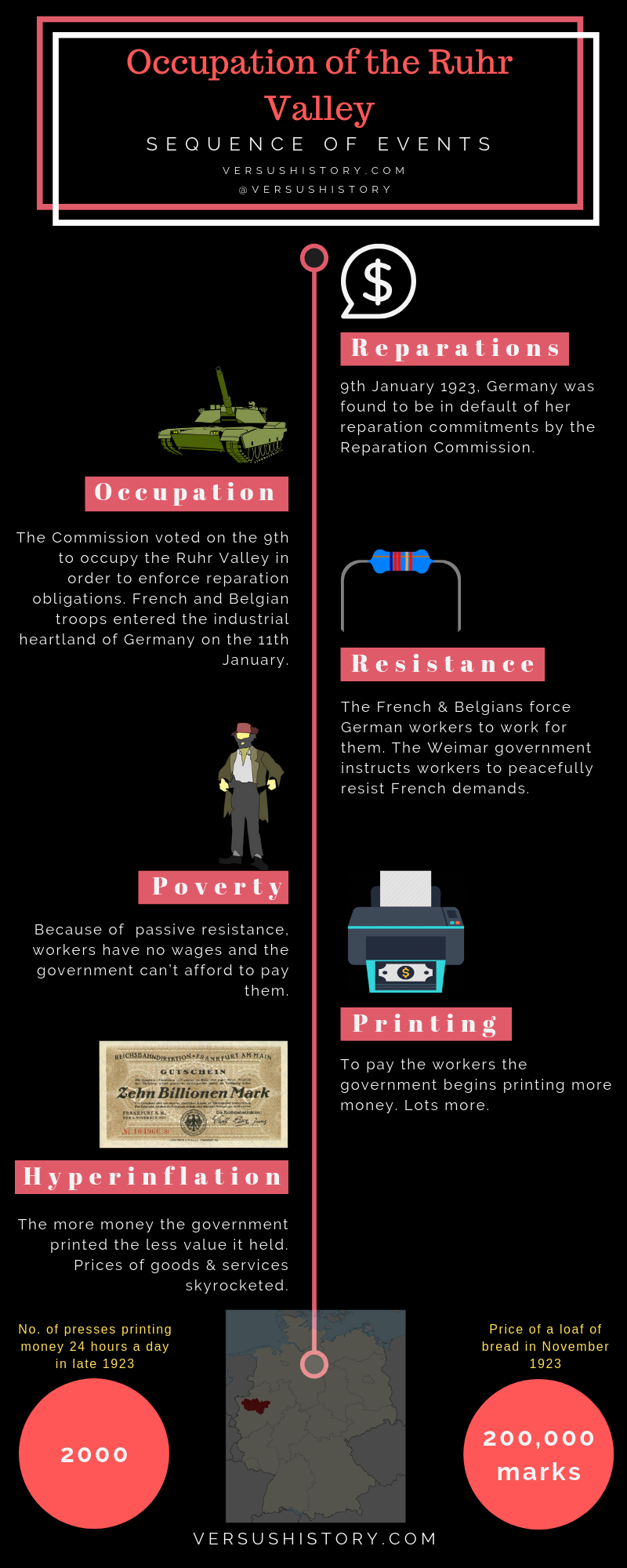
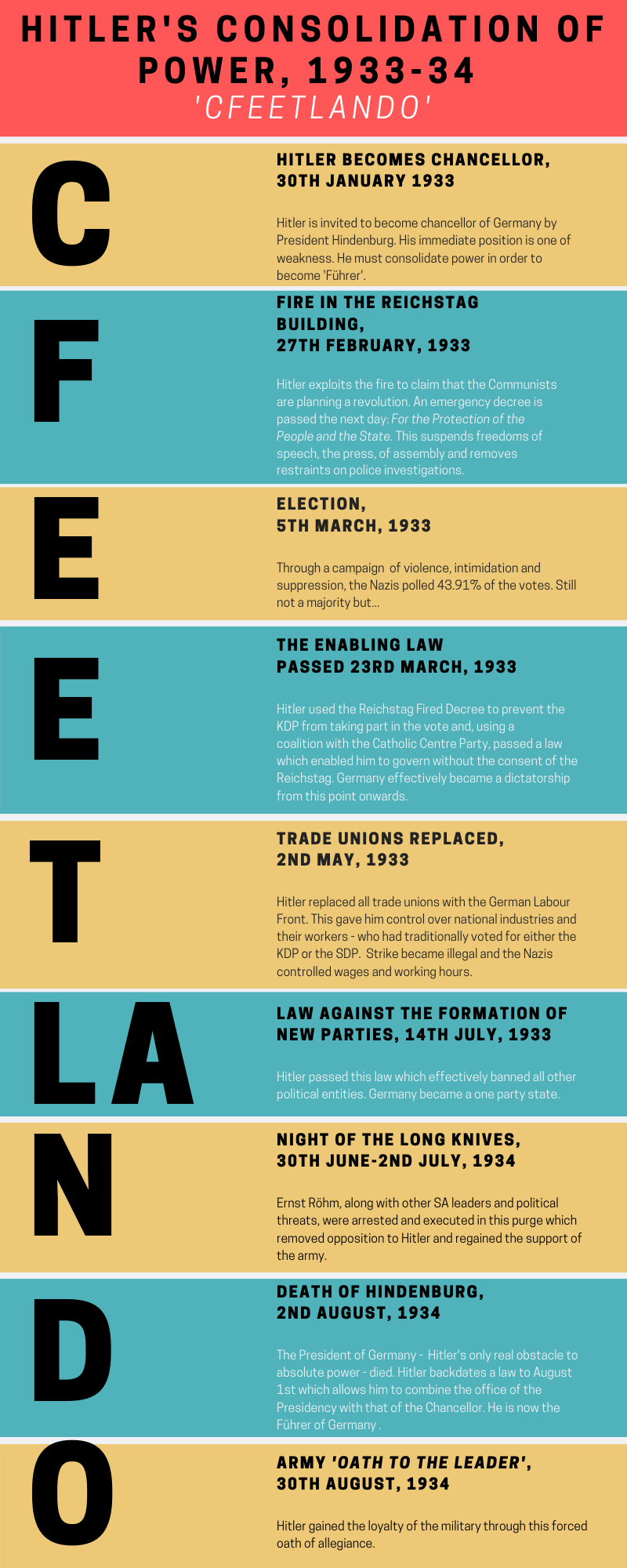


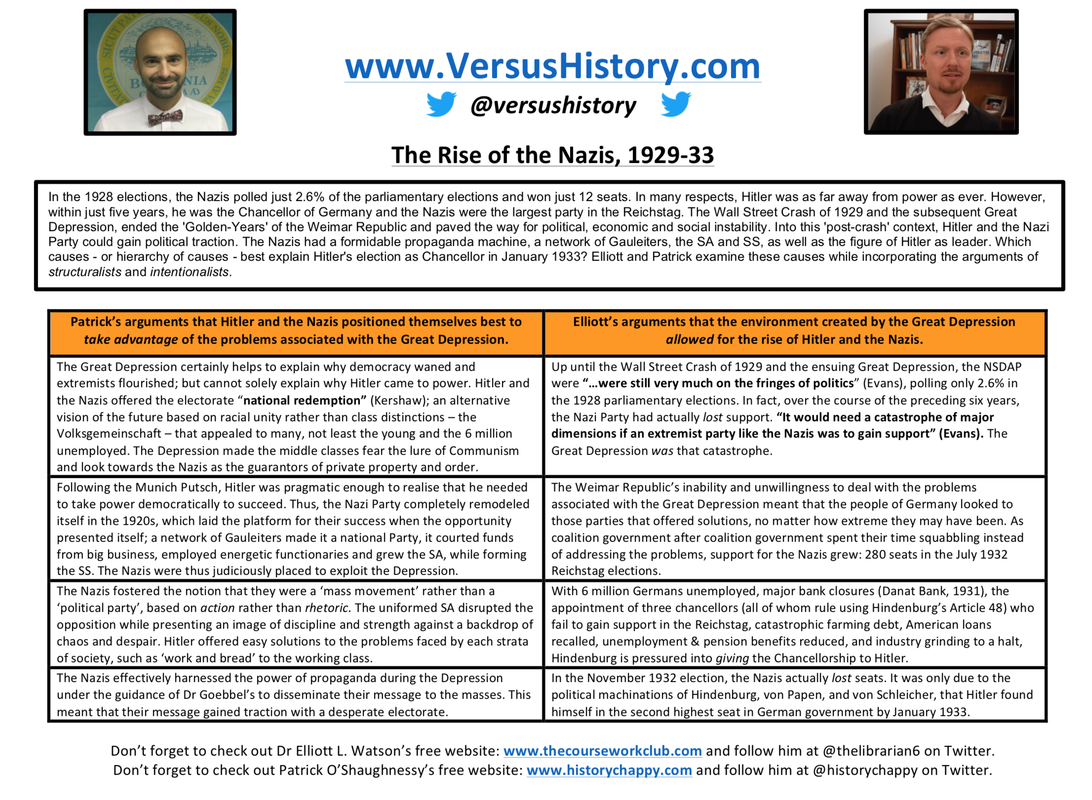
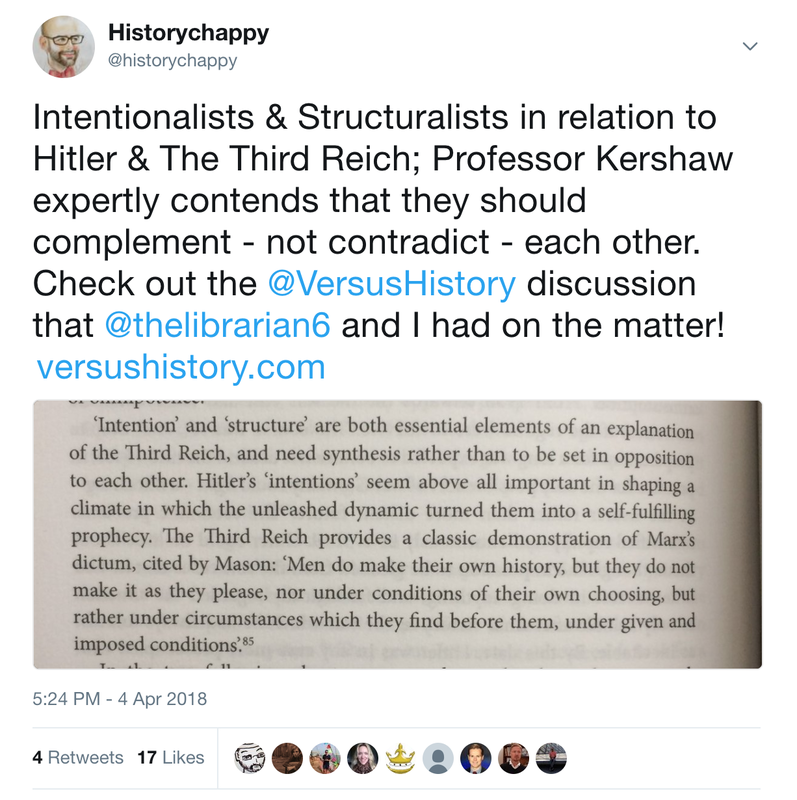
 RSS Feed
RSS Feed